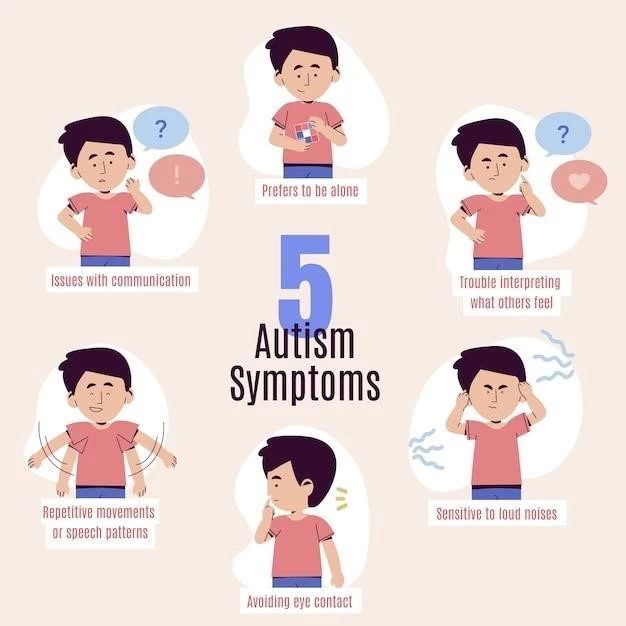Learn about the signs of Bassoe Syndrome and explore the treatment options available for managing this rare genetic disorder.
Overview of Bassoe Syndrome Symptoms
Bassoe Syndrome typically presents with developmental delays, intellectual disability, seizures, distinctive facial features, and skeletal abnormalities such as joint contractures. Patients may also experience vision and hearing impairments. Understanding these symptoms is crucial for early diagnosis and appropriate management of the condition.
Treatment Options for Bassoe Syndrome
Currently, there is no specific cure for Bassoe Syndrome, and treatment focuses on managing symptoms and providing supportive care tailored to the individual’s needs. This may include early intervention programs, speech and physical therapy, educational support, medications to control seizures, and addressing any associated health issues. A multidisciplinary approach involving healthcare professionals such as geneticists, neurologists, and therapists is essential to ensure comprehensive care for individuals with Bassoe Syndrome.
Genetic Causes of Bassoe Syndrome
Delve into the genetic underpinnings of Bassoe Syndrome to understand how specific gene mutations lead to this rare genetic disorder.
Understanding the Genetic Basis of Bassoe Syndrome
Bassoe Syndrome is primarily caused by mutations in the PIGV gene, affecting glycosylphosphatidylinositol (GPI)-anchor biosynthesis. These genetic alterations disrupt normal protein functions, leading to the characteristic symptoms of the syndrome. By studying these genetic mechanisms, researchers aim to advance our understanding of the disease and explore potential targeted therapeutic interventions in the future.
Coping Strategies for Bassoe Syndrome Patients
Living with Bassoe Syndrome can present various challenges, and coping strategies play a crucial role in enhancing quality of life. Patients and their families may benefit from counseling, support groups, and educational resources to better understand and manage the condition. Developing a strong support network, maintaining open communication with healthcare providers, and focusing on individual strengths and abilities are important aspects of coping with Bassoe Syndrome. Additionally, engaging in activities that promote physical and mental well-being can contribute to overall resilience and adaptive coping mechanisms.

Latest Research on Bassoe Syndrome
Ongoing research on Bassoe Syndrome focuses on further elucidating the molecular mechanisms underlying the disorder, exploring potential therapeutic targets, and enhancing diagnostic methods. Scientists are investigating novel treatment strategies, genetic modifiers, and personalized approaches to improve patient outcomes. Collaboration among researchers worldwide is crucial in advancing knowledge about this rare condition and developing effective interventions. Stay updated on the latest scientific discoveries to provide the most current care and support for individuals affected by Bassoe Syndrome.
Understanding the Prognosis of Bassoe Syndrome
Explore the expected course and outcomes of Bassoe Syndrome to better inform patient care and management.
Lifestyle Recommendations for Bassoe Syndrome Patients
For individuals with Bassoe Syndrome, maintaining a balanced and nutritious diet, engaging in regular physical activity suitable for their abilities, and ensuring adequate rest are essential for overall well-being. Occupational therapy and social skills training can help enhance independence and quality of life. Creating a structured daily routine, incorporating sensory stimulation activities, and promoting social interactions can also contribute to a positive lifestyle for patients with Bassoe Syndrome. Collaborating closely with healthcare providers to tailor lifestyle recommendations to each individual’s specific needs is key in optimizing their health and functioning.
Bassoe Syndrome⁚ Diagnosis and Management
Diagnosing Bassoe Syndrome involves genetic testing to identify mutations in the PIGV gene. Once diagnosed, a multidisciplinary team comprising geneticists, neurologists, therapists, and educators can collaborate to develop a comprehensive management plan. Treatment focuses on symptom management, early intervention services, and supportive care tailored to the individual’s needs. Regular monitoring of health and developmental progress is crucial to adapt management strategies as necessary. With a proactive and personalized approach, individuals with Bassoe Syndrome can receive the best possible care to optimize their quality of life.
Support Networks for Individuals with Bassoe Syndrome
Support networks play a vital role in providing emotional, practical, and educational assistance to individuals with Bassoe Syndrome and their families. Connecting with patient advocacy groups, online forums, and local community resources can offer valuable support and a sense of community. These networks provide a platform for sharing experiences, accessing information on available services, and promoting awareness about Bassoe Syndrome. By actively engaging with support networks, individuals with Bassoe Syndrome can feel empowered, understood, and better equipped to navigate the challenges associated with the condition.
